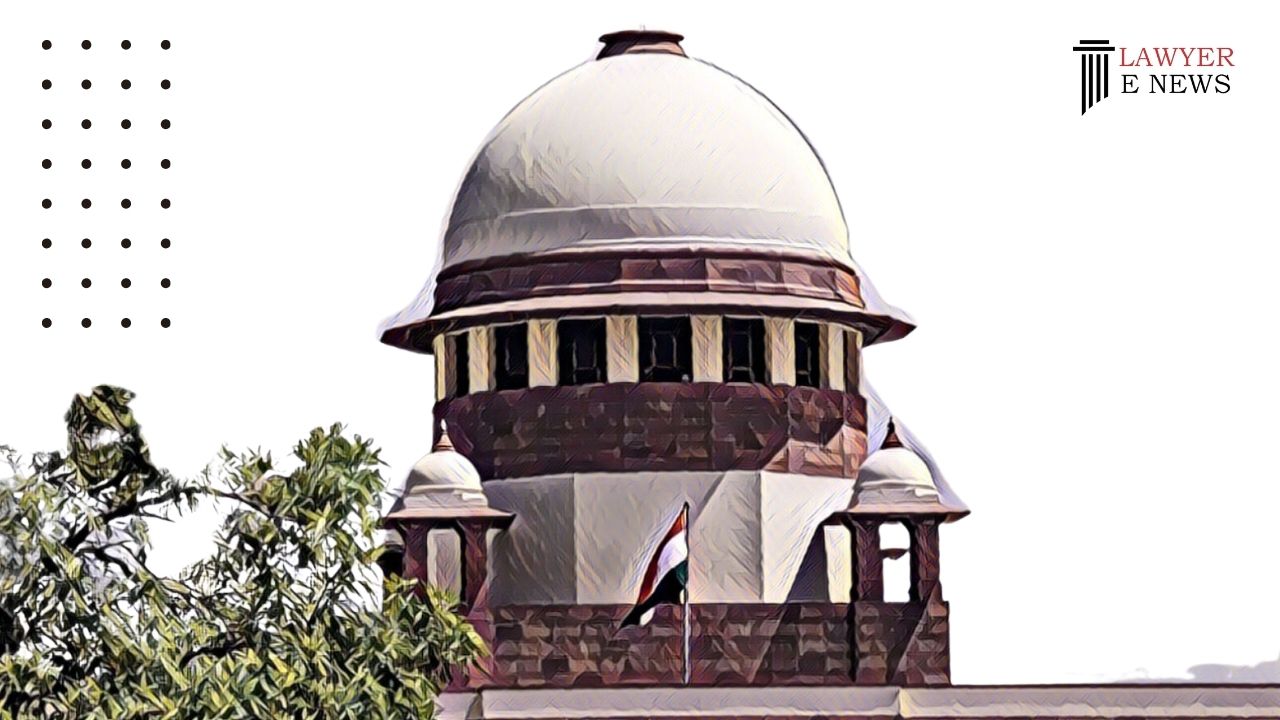-
by Admin
15 February 2026 5:35 AM



The Supreme Court of India today upheld the murder conviction of Nanhe, the appellant in a high-profile case involving the fatal shooting of Saddam Hussain and injury to Mahendra. The incident occurred on May 30, 2007, in a bustling market area, leading to a significant legal battle that culminated in today’s verdict.
In a landmark judgment delivered by Justices Abhay S. Oka and Pankaj Mithal, the court dismissed the appeal filed by Nanhe against the High Court’s decision, which had confirmed the trial court’s sentence of life imprisonment for murder under Section 302 of the Indian Penal Code (IPC).
A key point of the judgment revolved around the application of the “Doctrine of Transfer of Malice,” an essential principle in criminal law. Justice Mithal, in his observation, stated, “If a person has an intention to commit an offence or cause a death of any person but kills one whose death he never intended to cause, he would still be guilty of causing death.” This principle played a pivotal role in determining the appellant’s guilt.
Nanhe had argued that his intention was to harm Mahendra and not Saddam Hussain, who was accidentally killed in the incident. However, the court found that the intent to harm Mahendra transferred to Saddam Hussain under the doctrine, thereby upholding the murder conviction.
The court also delved into the issue of intoxication, as the appellant was under the influence of alcohol at the time of the incident. The judgment referred to Section 86 of IPC, emphasizing that voluntary intoxication not leading to incapacity to understand one’s actions does not reduce the gravity of the offence. “The inability to speak in such a situation would not be sufficient indication that the level of intoxication was so high that he was unable to understand and take a conscious decision,” Justice Mithal observed, addressing the condition of the appellant during the incident.
The Supreme Court’s decision marks a significant affirmation of the legal principles governing cases of transferred intent and the impact of intoxication on criminal responsibility. The appellant, who is currently serving a life sentence, has been advised to seek remission in accordance with the state’s policy.
Date of Decision: 21st November 2023
NANHE VS STATE OF U.P
